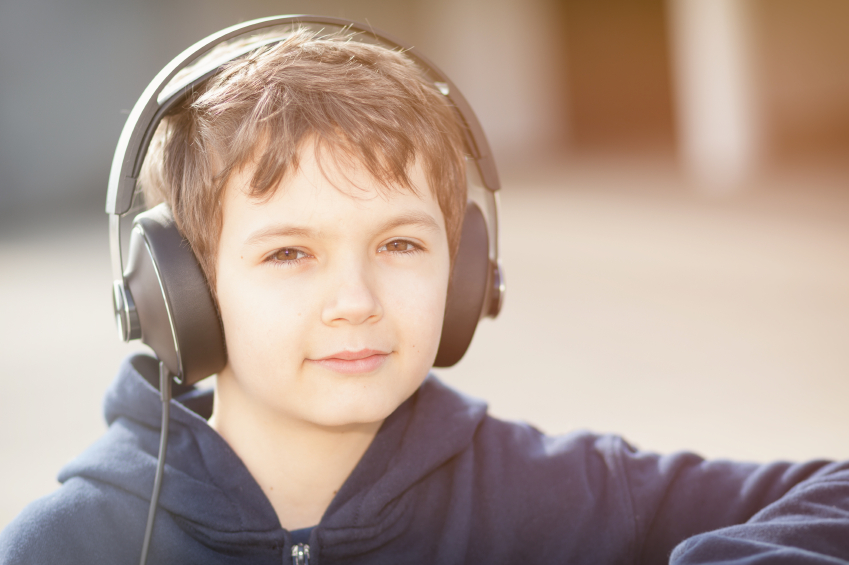What Do You Listen For?
We have been listening since we were born—even longer than we have been speaking. We have years of forming habits about listening, based on input from family, personality of close adults, positive/negative recognition or attention, nonverbal communication patterns, and “do” or “don’t” messages. These socialization processes result in our listening through filters. These are some filters that exert great influence on our listening habits.
 Images—past, present, and future
Images—past, present, and future- Past experiences
- Prejudices
- Strong feelings
- Memories
- Values
- Beliefs
- Attitudes
- Interests
- Assumptions
- Expectations
- Physical environment
These filters often “warp” the messages we receive because we are hearing through our filters and not seeking clarification from a speaker about his or her personal meaning. The static in our own brain and the internal self-chatter create barriers to true understanding of another. If we were not listened to as children, we may find other people who don’t listen to us or have a tendency to be nonlisteners ourselves.
In order to truly understand, we intentionally LISTEN FOR the values, beliefs and assumptions that lie beneath another’s actions. We LISTEN FOR patterns of speaking and behavior. We LISTEN FOR visioning, thinking, and planning. We LISTEN FOR the commitment that is hidden in a complaint, the solution that will emerge from the problem, and potential and possibilities.
In order to truly LISTEN FOR, we teach ourselves to be curious and nonjudgmental. We seek to deeply understand the thinking of others, and we turn down the noise in our head that distracts us from being fully present with another.
By Frances Shuster, PCC